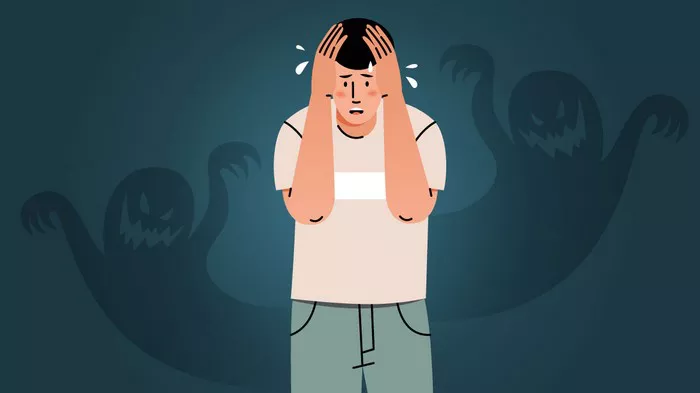Recent data from the World Health Organization paints a concerning picture: depression rates among 18-25 year olds have increased by 63% since 2010, with nearly one in four young adults now meeting diagnostic criteria. This alarming trend has prompted urgent investigation into its root causes. A comprehensive study published in The Lancet Psychiatry analyzed data from 85 countries and identified several key contributors to this “quiet crisis.”
Foremost among these is the “perfect storm” of digital overload, economic uncertainty, and social fragmentation. Young adults report feeling “haunted” by social media comparisons, with 68% admitting they believe their peers are living happier, more successful lives.
The pandemic’s lingering effects have compounded this, creating what researchers term “developmental dislocation”—missing out on crucial life experiences and milestones. Economic factors loom large too; with housing costs consuming record portions of income and career paths becoming less stable, young people report feeling “robbed of their future.”
Perhaps most troubling is the finding that only 28% of depressed young adults seek professional help, citing cost, stigma, or lack of faith in available treatments as barriers. Universities and workplaces are scrambling to respond, with some implementing innovative peer support programs and mental health first aid training. “We’re seeing a generation that’s connected yet lonely, educated yet insecure, and aware of mental health issues yet often unable to access appropriate care,” notes psychologist Dr. Raj Patel.
Solutions are emerging, from school-based mental health literacy programs to AI-assisted therapy apps designed specifically for young adults. But experts agree systemic changes are needed—not just to treat depression, but to address the societal conditions fueling it.


